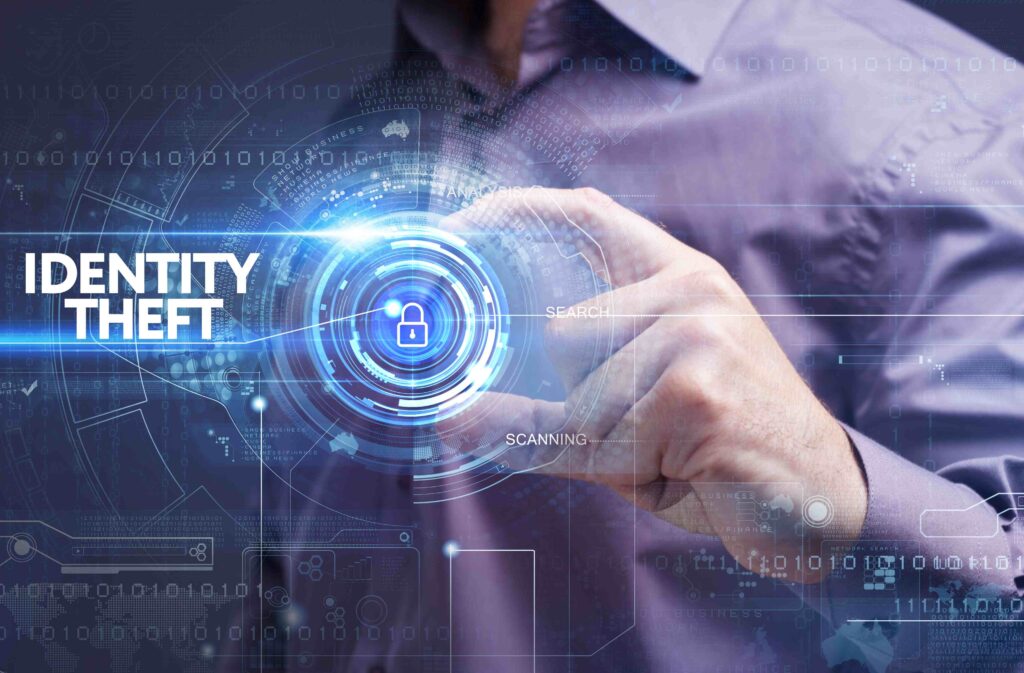
Protecting Yourself Against Identity Theft
According to the Federal Trade Commission in 2019, Delaware and Maryland were both in the top 10 states with the highest percentage of identity theft reports per capita. Delaware ranked at 6th with 1,517 total reports and Maryland with 8,747 total reports for the year.
Identity theft can happen to anyone at any time, but the advancements of social media have made identity theft easier than ever before. Social media has been an exciting and innovative advancement, in fact, 69% of adults in the United States use some form of social media throughout their day-to-day life. Unfortunately, the use of social media has also made users more vulnerable to things such as identity theft.
How Cybercriminals Attack your Personal Information
According to the FBI’s Internet Crime Complaint Center (IC3), identity theft “occurs when someone appropriates another’s personal information without their knowledge to commit theft or fraud.” Social media sites function based on the personal information that users provide, which can expose consumers to fraud and abuse. For instance, if your mobile banking app is on your phone (as most of us are), cybercriminals can access your online banking information through an app that is completely unrelated to your online banking.
Another way that cybercriminals can attack your personal information is by sending friend requests to different social media platforms. Whenever you accept a request from someone that you don’t know personally you are putting yourself at risk. Cybercriminals use the personal knowledge that they obtain from your social media accounts such as your pets’ names, children’s names or details regarding your former schools and cities to guess your passwords and security questions. Cybercriminals also use email and messaging tools to send their victims links, this is a potential attempt to place dangerous malware on your computer that would allow attackers to extract personal information such as your online banking information.
5 Simple Ways to Protect Your Identity Today
- Use Passcodes for Your Devices: If you were to leave your phone in a restaurant or in the backseat of a ridesharing service, would the person who found your phone be able to access the contents of it? Losing your expensive smartphone is one thing, but giving the finder access to everything from your social media to your bank account could wreak havoc on your life. Be sure to use a passcode to keep your account and personal information protected, and do the same for your laptop and even desktop computers.
- Create Strong and Unique Passwords: If you have an online account with a company that has suffered a data breach, then you only have to worry about that single account. However, if you use the same password for all of your online accounts, then you unknowingly just gave that hacker access to all of your accounts. Doing a quick Google search for “password generator” will lead you to plenty of online tools to help you create unique passwords for your online accounts.
- Limit Social Sharing: Oversharing on social media can lead to your personal information getting into the wrong hands. Paying attention to the photos and posts that you share, as well as your tag-locations and privacy setting can limit who is seeing your social profile and help keep your identity secure.
- Watch Out for Free Wi-Fi: Free Wi-Fi is a great option that many businesses and restaurants offer their guests who are visiting their location. However, it is important to be wary of these free Wi-Fi services because they often don’t offer much in terms of security. Be careful when logging into bank accounts and entering credit card information while on public/ free Wi-Fi networks.
- Close Unused Accounts: Consider all of the online accounts that you have opened throughout the years, but no longer use. If there is a breach on one of these entities, hackers potentially have access to whatever information is tied to that account. For instance, an old email account may still hold bank statements or healthcare forms, documents that are filled with personal data that could lead to identity theft. Invest some time to identify unused online accounts, and then shut them down. The less personal information you are storing online, the better!
Check with your insurance agency and see how they can help you protect your information in the event of an emergency. Don’t waste your precious hours trying to recover your stolen identity. Contact an agent today to save time and money with Staples & Associates!
